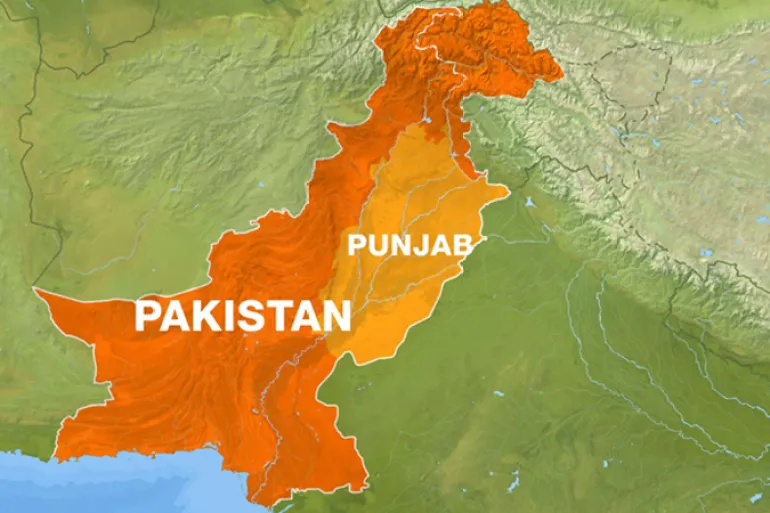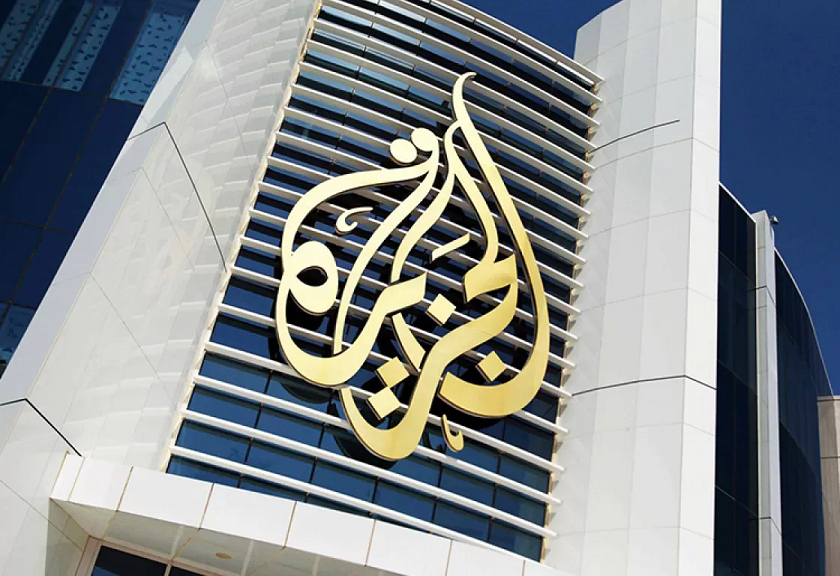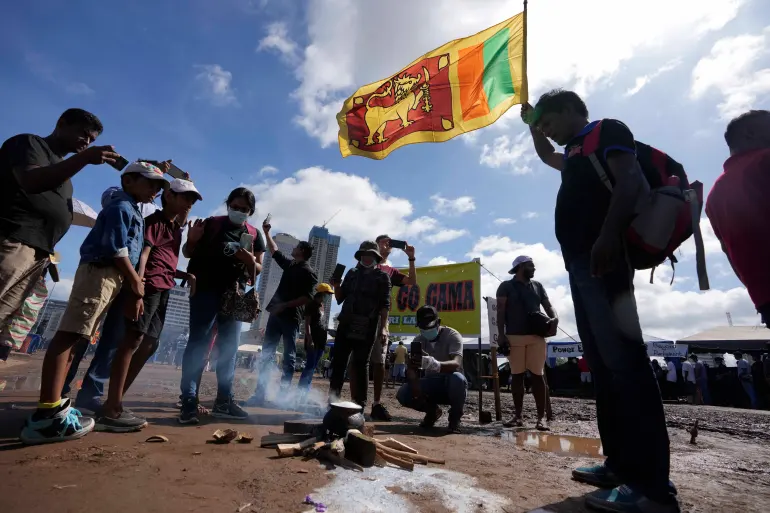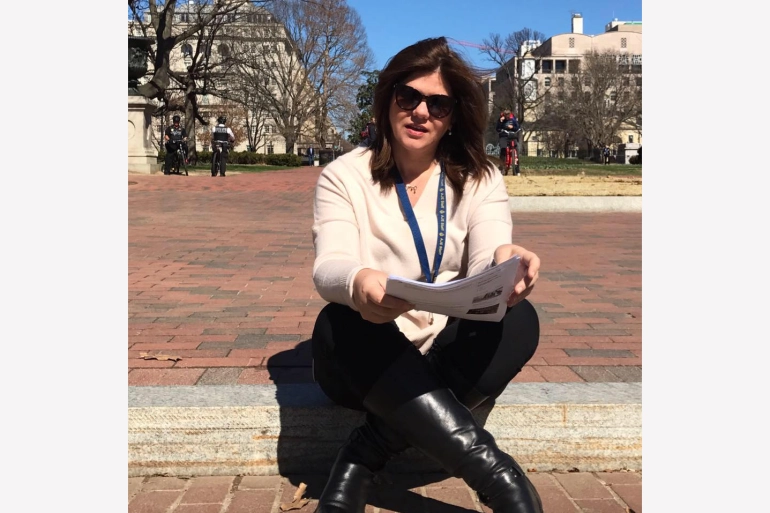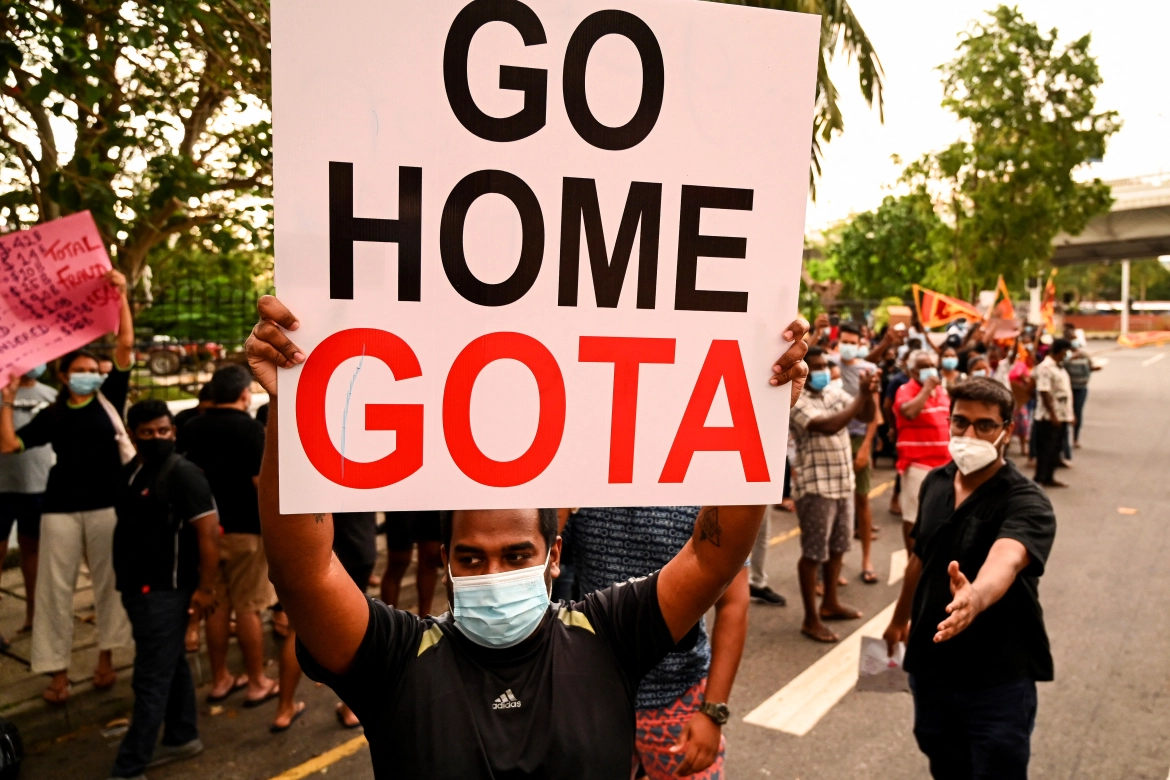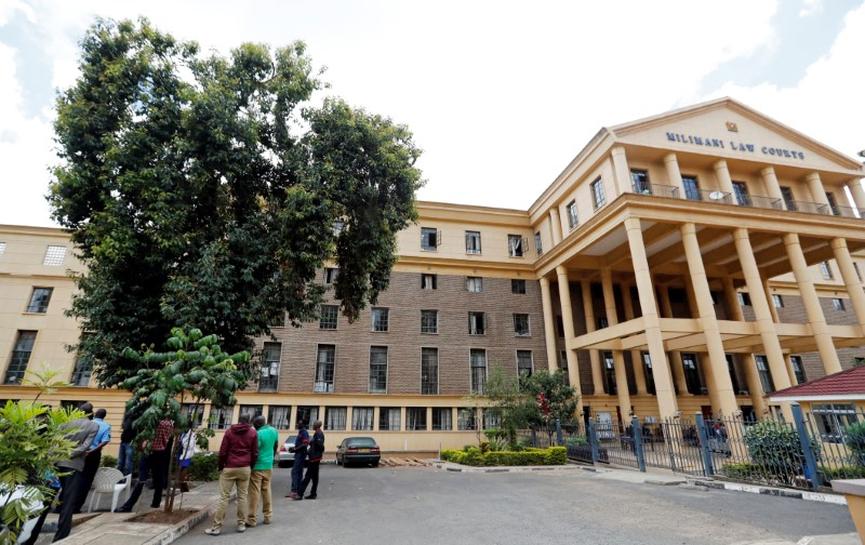What Biden’s presidency can mean for human rights
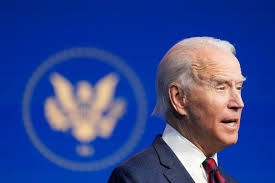
During US President Donald Trump’s four years in office, he was not shy to withdraw from a slew of prominent global human rights treaties and institutions.
Trump not only pulled the United States out of the Human Rights Council in 2018 and the 2015 Paris Climate Agreement but he also withdrew his country from the World Health Organization (WHO).
And – in a move that was sharply criticised by the international community – Trump issued an executive order on June 11 that designated the International Criminal Court (ICC) a security threat, and imposed sanctions on Chief Prosecutor Fatou Bensouda and one of her top aides.
Experts Al Jazeera spoke to agree that once President-elect Joe Biden is sworn in in January 2021, he will make haste to reverse some of the decisions taken under the Trump administration.
Biden has already indicated on “day one” of his presidency he will sign executive orders to rejoin the Paris Climate Agreement and to rejoin the WHO. Biden further indicated he will reverse the travel ban from many Muslim-majority countries including Iran, Libya and Somalia.
Trump’s policy of “America First” has been seen as a threat to multilateralism. According to Meg de Guzman, professor of law at Temple University, “Trump’s overarching world vision will immediately be undone by Biden, which will have immediate and very positive effects for human rights.”
Human rights experts are expecting Biden’s approach to human rights to resemble that of former US President Barack Obama.
Leila Sadat, professor of international law at Washington University in St Louis says: “Biden will be a middle of the road leader who will probably be like a third term of the Obama administration in terms of his foreign policy objectives, which will be multilateral and very much supportive of human rights and democracy.”
“He will definitely rebuild the State Department in terms of numbers and prestige,” says Sadat.
De Guzman agrees about the need for Biden to restaff the “depleted” Human Rights Department of the US Department of Justice. She also spoke of the need for Biden to reinvigorate the inter-agency Atrocity Prevention Framework that was started by Obama and has been “whittled down” by Trump.
De Guzman says it is crucial for funding to be restored to international bodies that have been defunded or underfunded under Trump. In 2018, Trump cut US funding to the Palestinian refugee agency UNRWA by more than half.
Kevin Jon Heller, professor of international law at the University of Copenhagen, says: “I expect the US to rejoin the Human Rights Council just as I expect Biden to rejoin the Paris Agreement, the JCPOA, and the various arms control agreements the US pulled out of.”
Trump has shown his disdain for multilateralism by withdrawing from the 35-nation Open Skies treaty in May. This treaty aids arms-control by allowing unarmed surveillance flights over member countries. And in February, Trump cancelled the Obama-era prohibition on the use of anti-personnel landmines.
De Guzman says Biden has an opportunity to promote accountability for atrocities committed during the Syrian civil war. “In terms of supporting the fight for accountability in Syria, Biden could take quick action to impose sanctions and to support the International, Impartial and Independent Mechanism to assist prosecution in Syria (IIIM),” she told Al Jazeera
According to de Guzman, other progressive steps Biden can take would be stopping arms sales to countries that routinely violate human rights such as Saudi Arabia and “to put resources into reuniting the families that were separated through Trump’s immigration policies”.
University of Copenhagen’s Heller says: “I anticipate Biden will talk a much better game concerning human rights abusers like Israel and Saudi Arabia, but it is an open question whether he will go beyond the rhetoric. I doubt that he will cancel weapons sales to Saudi Arabia.”
Experts agree the reversal of Trump’s executive order imposed against the ICC should be Biden’s first priority in terms of improving relations with the ICC.
De Guzman explains there are two forms of ICC-related sanctions imposed by Trump: Designated individuals, such as Prosecutor Bensouda, are subject to full sanctions; and, anyone in the US who provides material assistance to a designated person can also be subject to economic and criminal sanctions. This means US academics cannot openly promote or support the ICC. “For me, this means I cannot do my job,” says de Guzman.
ICC
“Imagine the absurdity of that, sanctions that are meant to be used in cases of national emergency have now been imposed on those who work for the ICC. This is an abuse of the sanctions regime,” says de Guzman.
De Guzman explains there are two forms of ICC-related sanctions imposed by Trump: Designated individuals, such as Prosecutor Bensouda, are subject to full sanctions; and, anyone in the US who provides material assistance to a designated person can also be subject to economic and criminal sanctions. This means US academics cannot openly promote or support the ICC. “For me, this means I cannot do my job,” says de Guzman.
“Imagine the absurdity of that, sanctions that are meant to be used in cases of national emergency have now been imposed on those who work for the ICC. This is an abuse of the sanctions regime,” says de Guzman.
When asked if he thinks the US under Biden will join the ICC, Heller said: “I think the US-ICC relationship under Biden will look very much like the US-ICC relationship under Obama. The Biden administration will not join the Court. Refusing to do so is a genuinely bipartisan position in the US. Nor will the Biden administration cooperate with the Court regarding the Afghanistan and Palestine situations.”
In response to the same question, Mark Drumbl, professor of law at Washington and Lee University, agrees the US will not join the ICC. He says: “While joining the ICC won’t happen the kind of quiet, sidebar support of the ICC could make a huge difference in its ability to secure evidence, develop expertise and proceed in less politicised ways.”
- Most Viewed
- Most Popular


